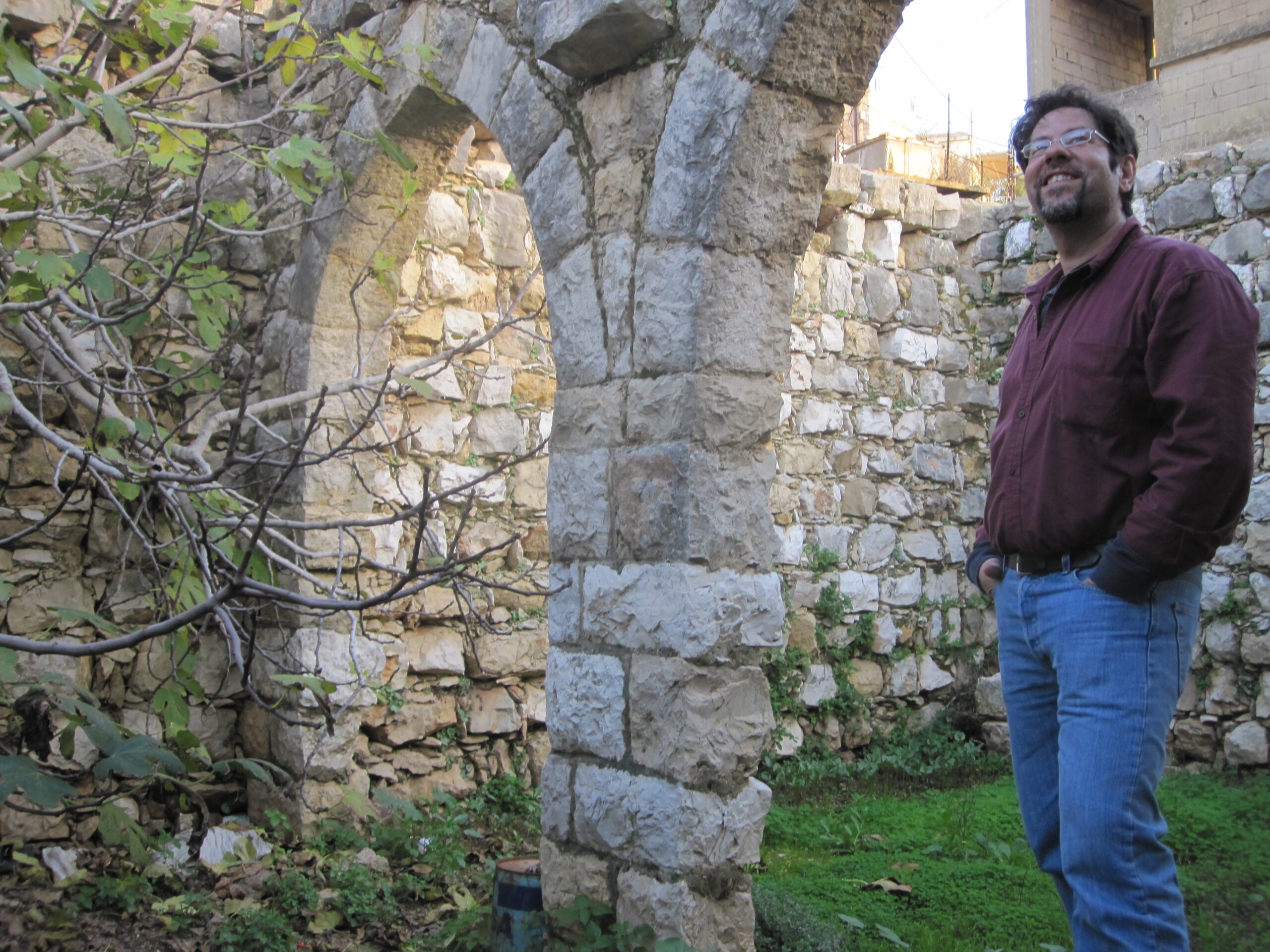-

New Book Co-Edited by Dr. Najib Hourani and Dr. Edward Murphy – The Housing Question: Tensions, Continuities, and Contingencies in the Modern City
The Department of Anthropology is pleased to announce the release of the new book The Housing Question: Tensions, Continuities and Contingencies in the Modern City Co-edited by Dr. Najib Hourani (Anthropology) and Dr. Edward Murphy (MSU Department of History), the book is publishing by Ashgate Publishing. The volume explores how housing raises a series of vexing issues surrounding […]
-
Latest Issue of the Department of Anthropology Newsletter – Spring, 2013
Our latest issue of the Department of Anthropology Newsletter (Spring, 2013) is out! Be sure to check out the latest news!
-
Recent graduate Nick Passalacqua (Ph.D., 2012) was awarded J. Lawrence Angel Award
Recent graduate Nick Passalacqua (Ph.D., 2012) was awarded the J. Lawrence Angel Award from the Physical Anthropology section, along with his co-author Kyle McCormick. The J. Lawrence Angel award is presented for the best student paper from the prior year’s meetings . Passalacqua and McMormick’s winning paper, presented at the 2012 meeting, was titled, “A Comparison of […]
-
Graduate student Julie Fleischman and recent graduate Cate Bird (PhD, 2013) were awarded Student Travel Grants by the Forensic Sciences Foundation
Graduate student Julie Fleischman and recent graduate Cate Bird (PhD, 2013) were awarded Student Travel Grants by the Forensic Sciences Foundation. Travel grants are awarded to assist with travel expenses in attending the American Academy of Forensic Sciences Annual Meeting. Both students received their grants to travel to and present at the 2013 Annual Meeting of the American Academy of […]
-
Fall 2012 – Newsletter
Great news – The Fall 2012 issue of the Department of Anthropology’s newsletter is out!
-
Department Involvement in Major Conferences – 2012
72nd Annual Meeting of The Society for Applied Anthropology (SFAA) -Baltimore, MD; March 27 – 31, 2012 Emily Altimare, graduate student, gave the following paper presentation: “Living and Learning: Exploring Education in a Residential College Setting.” Dr. Keri Brondo (ANP alum) gave the following paper presentation: “A Vacation of Mud, Blood, and Sweat: Voluntouring […]
-

Najib Hourani
As an Assistant Professor appointed in Anthropology and the graduate Global Urban Studies Program (GUSP), Najib Hourani’s research and teaching reflects the commitment of both the College of Social Science and the Department of Anthropology to furthering interdisciplinary research at MSU. Trained in Middle East Politics (PhD NYU, 2005), and having taught History at Fordham […]
-
Terry Brock Receives Dissertation Research Grant
Congratulations to Terry Brock on being awarded an SRI Foundation Dissertation Research Grant for his research entitled: “We All Walked Together”: The Transition From Slavery to Freedom on a 19th century Maryland Plantation.
